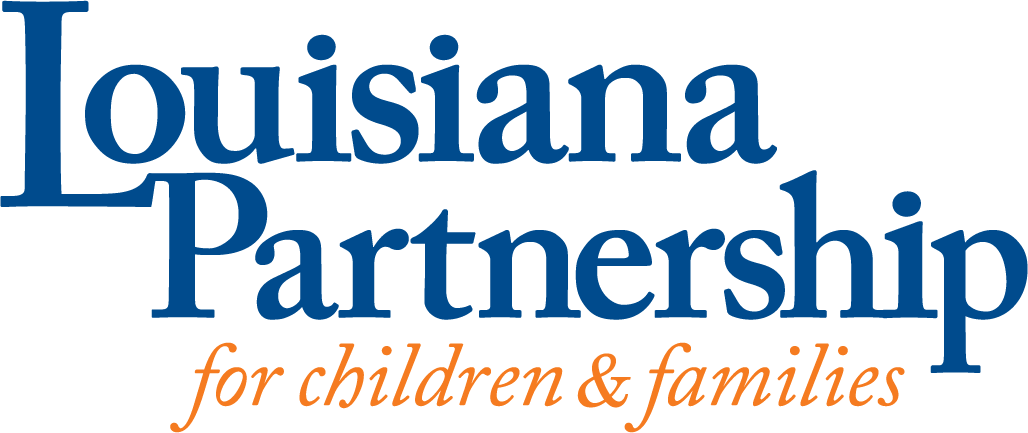By Advocate Staff Writer Andrea Gallo
Children in the care of Louisiana’s foster homes, juvenile prisons, health facilities and more will soon have a new voice in state government to advocate for them and to push for change based on their complaints.
Louisiana lawmakers unanimously passed Senate Bill 137 to create an Office of the State Child Ombudsman, which will monitor agencies that serve children and recommend changes to state laws and policies to promote child welfare. The new law, which Gov. John Bel Edwards signed June 12, comes after a series of controversies rocked the Louisiana Department of Children and Family Services and the Office of Juvenile Justice.
Multiple children died after DCFS staffers did not promptly respond to warnings that the children were in danger, while adolescents in juvenile prisons alleged that guards attacked, raped and otherwise abused them. Top leaders at both agencies resigned amid the crisis, with both saying their workers faced insurmountable difficulties with low pay and short staffing.
Louisiana has been out of step with the rest of the nation in lacking an independent watchdog for children to evaluate complaints from the public. At least 38 other states have ombudsman services for children, according to the National Center for State Legislatures. Rick Wheat, the president of Louisiana United Methodist Children and Family Services, says the number is even higher and that the five states ranked worst nationally for child well-being are also the only five that lack a children’s ombudsman.
“Now we have someone who can serve as an independent third eye or a voice for those individuals and tell us legislators where there might be some unforeseen gaps,” said state Sen. Regina Barrow, D-Baton Rouge, who sponsored the bill.
Lawmakers had initially proposed placing the ombudsman in Edwards’ office, but later put the position under the Louisiana Legislative Auditor’s purview. The amendment came after concerns about whether an ombudsman appointed by the governor would be able to independently evaluate other agency officials who are also appointed by the governor.
Barrow said housing the role in the auditor’s office should give it more independence. The state operating budget has yet to catch up, though, and still lists the $293,877 allocated for the ombudsman office under the executive branch.
Legislative Auditor Mike Waguespack said he expects the Legislature to transfer the money to his office. Once they do, he expects to create a new division.
“The challenge for us is to make sure we make the right hire,” Waguespack said. “We’re glad to be part of hopefully creating a better practice and objectively, independently overseeing problems with this.”
Challenges of creating new system
Building such an office from the ground up is a major undertaking, said Matthew Bernstein, who was appointed four months ago to a similar role as Vermont’s first child, youth and family advocate. He said there has been pent-up demand in Vermont.
“One thing that’s become clear is that a function of this office is listening to people,” he said.
Bernstein said part of the challenge is to stitch together individual stories to push for broader systemic changes.
Louisiana’s law specifies that the ombudsman should both review complaints and propose systemic changes. It also requires the ombudsman to report annually to the Legislature on projects, and to release a report every two years on conditions for children in detention facilities.
Susan East Nelson, executive director of the Louisiana Partnership for Children and Families, said she was impressed the Legislature passed the bill so quickly.
“It really underscores the fact that the Legislature saw this as a necessity, to put this accountability in place for children in Louisiana,” she said.
Transparency concerns remain
It remains to be seen how much of a public accounting the ombudsman will give in cases of children who died in state care. Earlier versions of the bill restricted the ombudsman from sharing records state law already deems confidential — which is the case for nearly all DCFS records.
It’s common in other states, however, for ombudsmen to release in-depth reports about how children have died in state care, and lapses before their deaths.
The final version of the bill does not include language about the ombudsman’s ability to obtain and release records. State laws that govern the legislative auditor’s office allow subpoena power. They also say that audit reports are public records, but that the provision does not apply to “documents, data or information furnished the legislative auditor which are deemed confidential by law.”
DCFS ‘welcomes’ new oversight
DCFS has also added a new “constituent services liaison” position to help respond to concerns from the public, according to Communications Director Catherine Heitman.
“DCFS welcomes the creation and implementation of the Ombudsman office and looks forward to what can be learned from a third party who helps to untangle service delivery issues for families working with multiple programs administered by state agencies,” she said in a statement.
An Office of Juvenile Justice spokesperson did not return a message for this story.
Lawmakers also passed a handful of other bills related to child welfare and juvenile justice this session.
They include Ezekiel’s Law, named for 2-year-old Ezekiel Harry, who was found dead in a trash can last summer in Houma. The act creates a “partners in protecting children” subcommittee in the state’s Children’s Cabinet Advisory Board to better coordinate child abuse investigations.
Legislators also passed a bill to create a statewide public database of people who have been convicted of felony child abuse offenses. The registry will differ from one that DCFS already maintains: The DCFS registry is off-limits to the public and keeps tabs on caretakers the agency has investigated for abuse and neglect.
Read this article on The Advocate Website.
